A Year In Books (2)
I have to say this, two years ago if I was told I would be interested in economics or even knowledgeable about it to hold conversations, I would not have believed that. I never offered an economics course in Secondary or University. I simply kept dodging, for an unknown reason. Between 2015 and 2020, I came to the realization that Economics is important to understanding poverty, wealth, and history. I have been involved in some efforts to make a difference in my community, many of these problems can be boiled down to poverty and ignorance. Reading books on economics has helped me see the world in a different way. Economics is empirical. The more I read on economics, the more I come to the conclusion that everyone needs to understand economics, especially folks in countries like ours, that have a high number of poor people. Another thing I’ve noticed is how economics is determined by politics, political choices influence economic outcomes. For the most part, Nigeria has made disastrous political decisions that led to disastrous economic output. Maybe, just maybe, when more people understand economics, we will make different political choices.
Now, to the list
Americana by Bhu Srinivasan
This is a bold book that shows exactly my argument above, that political choices determine the political outcome. Bhu’s book is a gift. It shows us exactly how capitalism has played out in America for four thousand years. I deeply enjoyed this book, it shows us why America is the richest country in the world and the top donation for entrepreneurial talents. You can’t miss this if you are interested in economics.
The Rise and Fall of Nations by Ruchir Sharma
Ruchir Sharma highlights 10 rules that indicate whether a nation is growing economy or it is stalling. A good book that makes economics look easy. He covers different countries and measures so many different factors. My favorite rule is “Listen to the locals”. Indeed, the locals know whether an economy is growing or stalling. They know whether there’s inflation or deflation. They know this, not necessarily by reading a book, but by the price, they obtain their bread in the market.
The Prosperity Paradox by Clayton Christensen and Efosa Ojomo and Karen Dillon
Did you notice the Nigeria name in the names of the author? Efosa Ojomo! Yes, he is a Nigerian. He co-authored this book with Clayton Christensen, the godfather of disruptive innovation, and Karen Dillon. The idea of this book is simple; market-creating innovations are more life-changing for poor countries than any other form of help. And I agree! The first thought that crosses one’s mind when we think about poverty is to send aid, however, it has been proven again and again that aid in itself does not change the fortunes of people over a long time. They began this book with the story of Mo Ibrahim and the company he created. Singlehandedly, Mo Ibrahim built the telecom infrastructure for his country and branched out to other countries. Along the way, folks like Strive Masiyiwa disrupted their countries and the rest of the continent. These men have created more wealth than the aid that has poured in via international bodies. Yes, yes, notice something here. Created Wealth. Wealth creation is the only guarantee to ameliorating material poverty. People become rich because they are productive, not because they receive money! Of course, I am not saying that aid cannot be used for good! But as this book has argued, if we want to create long-term wealth for a country, market-creating innovations are a solution!
Poor Economics by Abhijit Banerjee, Esther Duflo.
The couple won the Nobel Prize for their work in ending poverty, they are both economics. This is an excellent book that sought to understand different efforts related to ending poverty from education to small scale loans, if you are interested in understanding how poverty has been misconstrued, especially by intellectuals who live in ivory towers of learning and have never experienced poverty themselves, this is a good place to start. A final takeaway from this book is the statement that poverty is strongly about the structures in a country! By structures, they mean social structures and financial structures. If you have two people, one from Nigeria and the other from Finland who has been fired from their jobs on the same day, the person from Finland is more likely to find another job before the person from Nigeria and not just that, but that person is more likely to not starve for some months or even years. In Nigeria, a month of salary missing could be disastrous not just for the person but their whole family. Poverty is as much about structures.
The Ascent of Money by Niall Ferguson
Niall Ferguson is a hard-breathing economic historian. I couldn’t resist reading this. I enjoyed how he covered the evolution of money. I also followed up with his documentary with the same theme. Niall is funny and deeply insightful. When the Spanish conquistadors reached the Aztecs, the Aztecs were confused about the attitude of the conquistadors towards gold, they just wanted more of it and were willing to kill to get it, meanwhile, for the Aztecs, this was the thing they used to make jewelry. When the natives questioned Cortés as to why the Spaniards had such a passion for gold, the conquistador answered, ‘Because I and my companions suffer from a disease of the heart which can be cured only with gold.’ This is a history of this thing that could be a disease of the heart.
Basic Economics By Thomas Sowell
This is economics class in one book. Sowell explains everything from the big topics to the smallest ones. According to him, he wanted to write a book that any citizen who wanted to understand economics could read and understand, in that sense, the book does that excellently.
The Mystery of Capital by Hernando De Soto
I particularly like this book because it talks about something simple yet could be revolutionary if taken seriously: land! In many third-world countries, the lands are unregistered. The total amount of dead capital in them is estimated at billions of dollars. De Soto argues in this short book that it would be transformative for governments to find a framework to turn this into capital. This is simple to understand. If land could be properly registered, it could be used as collateral, to raise capital and loans which could, in turn, boost economic activity. De Soto had worked with governments in some countries to undertake this transformation. I still can’t understand why Nigeria hasn’t done this.
The Fix by Jonathan Tepperman
This is a book that covers how countries have faced challenges and overcame them. It is interesting because the examples in it are often unexpected. Take for instance, who would have thought that the Canadian model of open migration could work? Or that Rwanda’s development could happen after a bloody war that saw nearly half a million die? This wasn’t in 1950, or 60s, but 1994! Today, Rwanda is better than many Africa countries. Brazil has handled the problem of inequality in an impressive way. And on and on Tepperman went on.
Factfulness by Hans Rosling
This is my favorite book in this category. It is not an economics book per se, but it is a deeply hopeful book! I like to be optimistic. I like to believe that the world is better than it was 100 years ago, and indeed it is! Just 100 years ago, illiteracy was common. More than 90% of the total human population was illiterate. Today, nearly reverse is the case! Poverty is decreasing on an unprecedented scale. More than a billion people have been lifted out of poverty in the last 50 years alone! Famines, wars, and diseases are on the decline. Yes, until covid19! Life expectancy has increased significantly while the average income of many people has increased too! More people live in democratic countries than under dictatorships, a sharp reverse from 70 years ago! I particularly like Hans Rosling's book because it is not just a book, it is a challenge to a mindset, a mindset of many people. I’ve been in several conversations and I’ve interacted with several individuals/organizations that seek to make a difference, one thing I’ve heard often is that things are getting worse, poverty, healthcare, education, etc! this is rebuttable. A Sound rebuttable. We can choose to see this world as a bleak place where none of our efforts will be meaningful, or we can see ourselves as part of a long history simply doing what we can, and sometimes it does pay off! This book is nearly the same as Ten Global Trends Every Smart Person Should Know by Marian L. Tupy and Ronald Bailey. I recommend you read them together.
I read Dead Aid by Moyo Dambisa, the Zambian economist. Her book is very important in the sense that it adds to our understanding of the aid industry and how it is not achieving what many of its proponents are advocating, what I disagree with Moyo about is that stopping aid is not a solution. Moreso, aid is helping in several other areas. This argument was clearly made in Poor Economics by Abhijit and Esther.
Numbers Don’t Lie By Vaclav Smil isn’t an economic book in the sense of the previous ones mentioned here, but it is an important if you want to understand the world including economic aspect of it. Smil could be talking about big things like climate change and EV in one chapter, and in another chapter, he would be talking about how eggs makes a difference in growth.


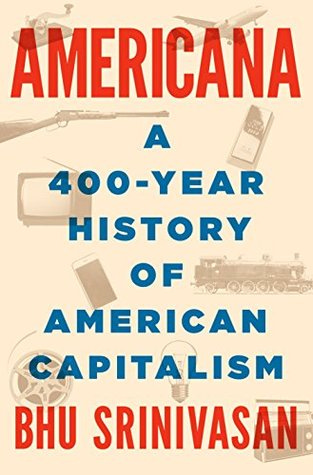


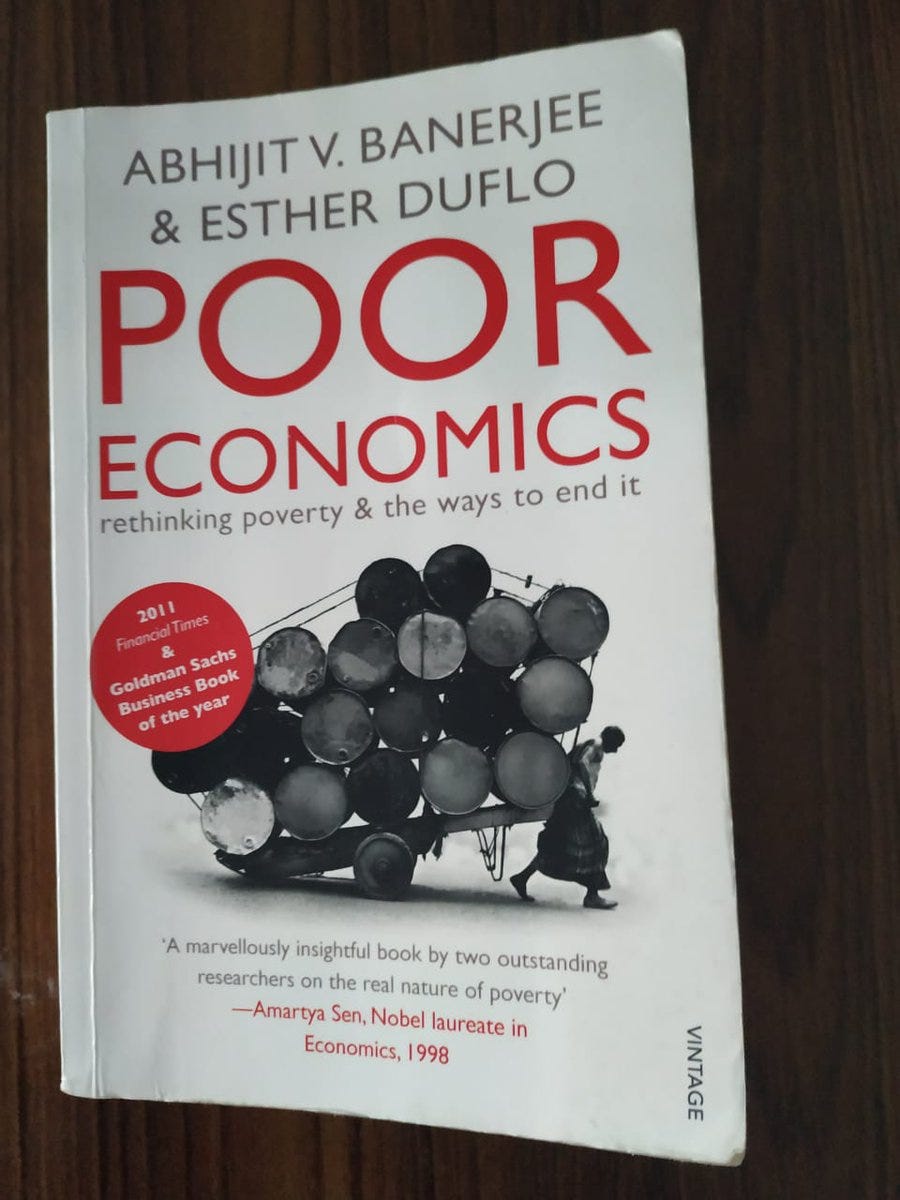

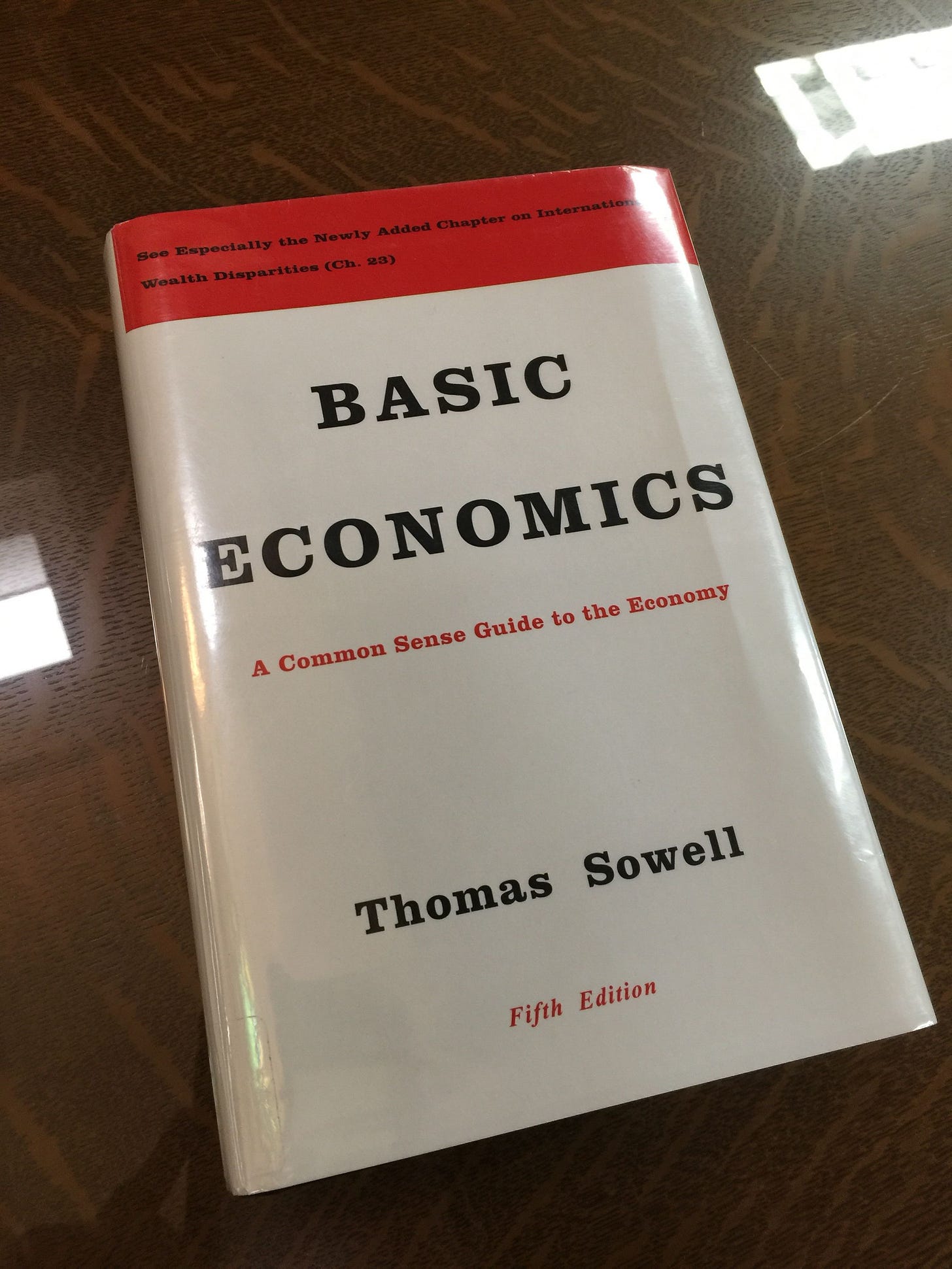
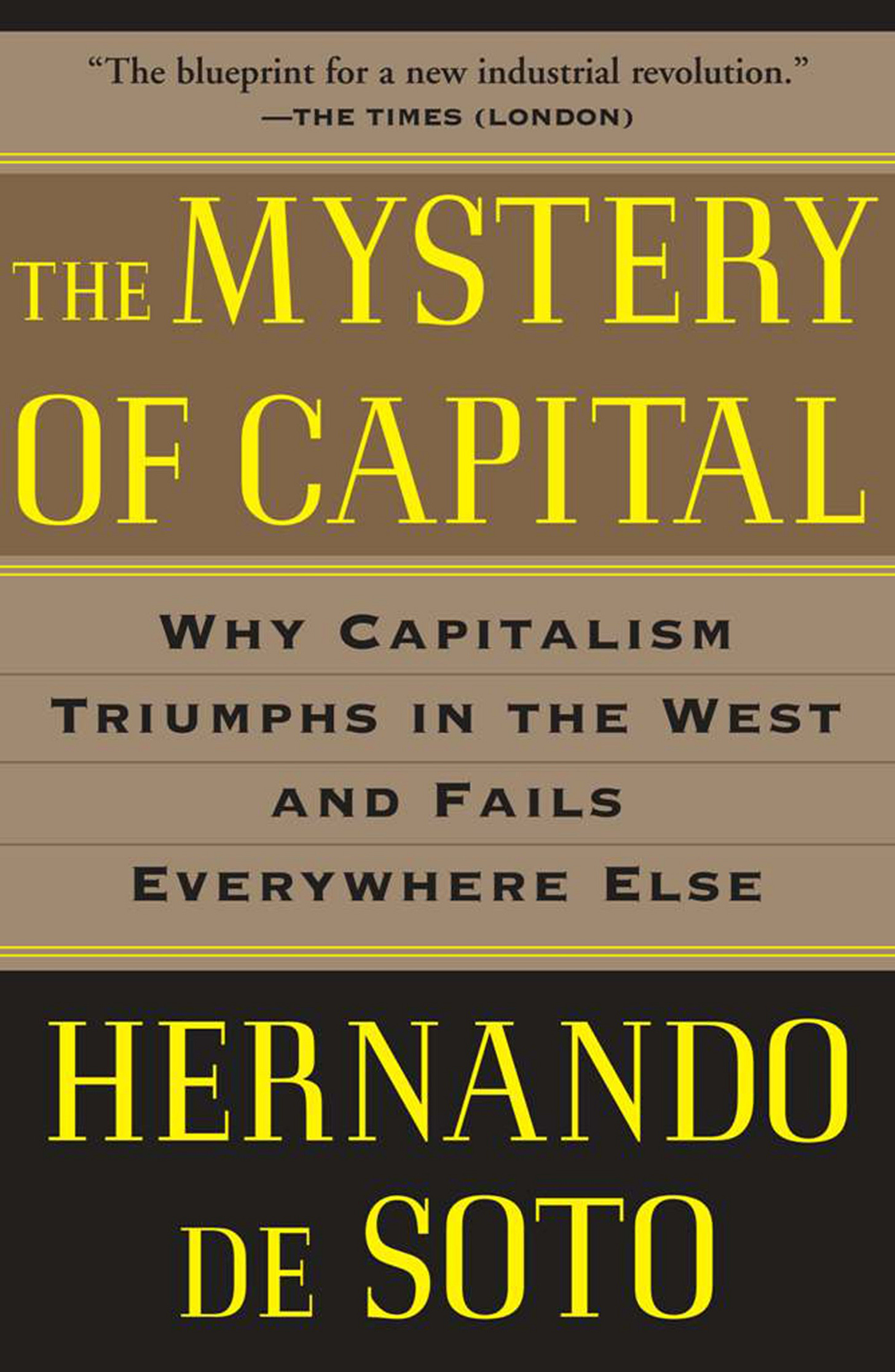

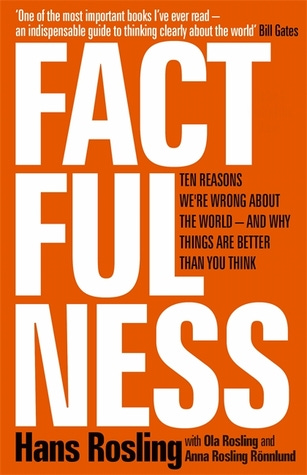


Wow
Just wow!!!!
The book 10 global trends every smart person should know, how can access it?
Succinct and educative!
If I eventually develop an interest in economics, as this is a persuasive invitation, "The Rise and Fall of Nations" and "Basic Economics" should be among the firsts I get to read. The former, because of this review and the statement about how the commoner is the most reliable source in determining the effectiveness of an economy. I need to understand this point. And the latter, because of the title and that it is an entire economic course in a single text.
Thank you for sharing, Leader!